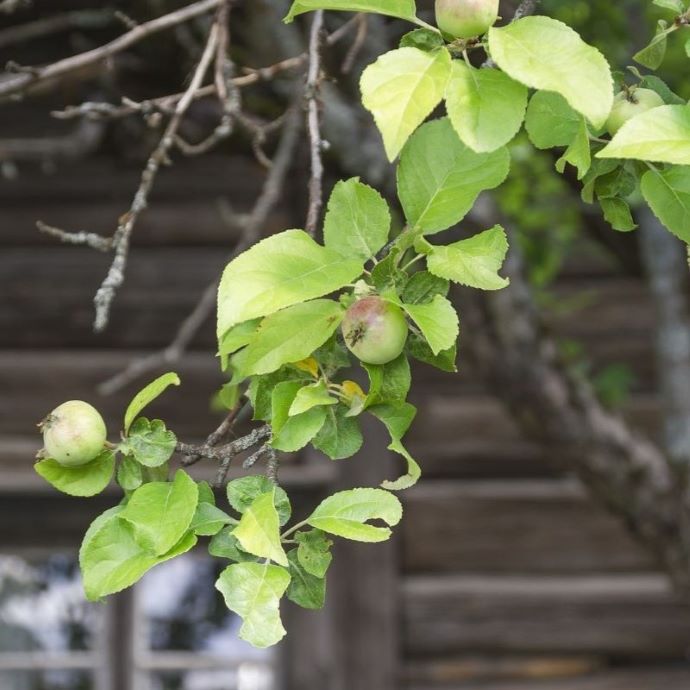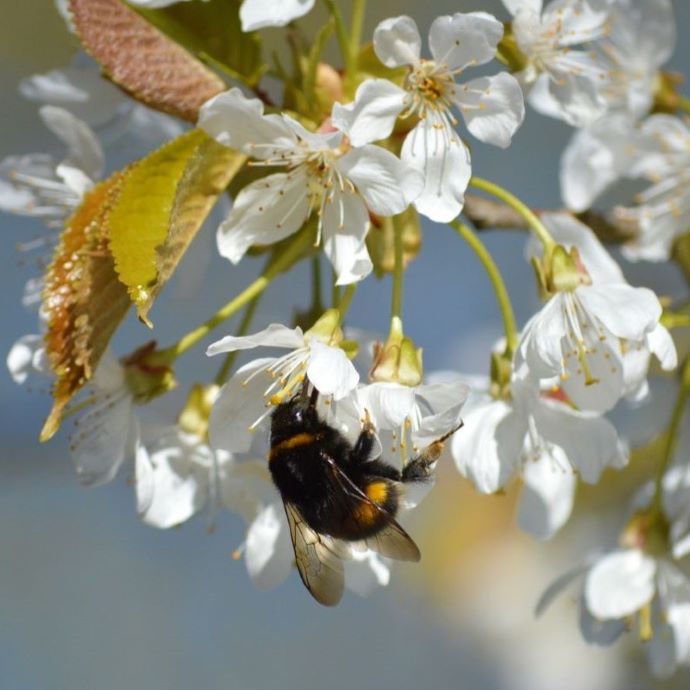Advice & Inspiration
Are Figs Good for You?

Figs are one of the most storied fruits, appearing in ancient Greek mythology, Hindu scripture and even the origin story of Rome. They remain popular to this day thanks to their sweet, jammy flesh and attractive ornamental leaves. But how healthy are they?
We’ve previously written about the healthiness of various fruits, including apricots, grapes and cherries, and today marks the turn of the fig. In this post, we’ll be delving into the nutritional stats and compositional makeup of the humble fig, unearthing its health benefits and asking whether you can have too much of a good thing?
Jump to:
How healthy are figs?
First then, let’s take a look at the rough macronutrient breakdown of the fig; generally speaking, figs comprise 79% water, 19% carbohydrates, 1% protein and <1% fat. This is roughly consistent with most other fruits. Figs are known for their high fibre content which can help with digestion and relieve constipation.

Fig nutrition
100g of figs contains approximately the following amounts of these selected minerals and vitamins, as per information from the US Department of Agriculture.
|
Vitamin/mineral |
Amount |
Proportion of RDA |
|
Vitamin A |
7µg (micrograms) |
1% (men) 1.2% (women) |
|
Vitamin B6 |
0.113mg (milligrams) |
8.1% (men) 9.4% (women) |
|
Vitamin C |
2mg |
5% |
|
Vitamin E |
0.11mg |
2.8% (men) 3.7% (women) |
|
Vitamin K |
4.7µg |
Intake depends on weight |
|
Calcium |
35mg |
5% |
|
Phosphorous |
14mg |
2.5% |
|
Iron |
0.37mg |
4.3% (men and women over 50) 2.5% (women aged 19 to 49) |
|
Magnesium |
17mg |
5.7% (men) 6.3% (women) |
|
Potassium |
232mg |
6.6% |
|
Copper |
0.07mg |
5.8% |
Fig calories
100g of fresh figs contains just 74 calories, while 100g of dried figs, by comparison, contains 249 calories. This difference is accounted for by the higher concentration of sugars found in 100g of dried figs as compared with the same quantity of fresh figs. This is pretty similar to other fruits (100g of fresh cherries, for instance, contains 63 calories).
Sugars in figs
Figs are tasty because of the naturally occurring sugars contained within them that give them their honeyed sweetness. Fact. However, in too great a quantity, this carbohydrate can be detrimental to our health. For example, too much sugar can lead to weight gain, elevated blood pressure and tooth decay.
Adults should aim to consume no more than 30g of sugars per day. For context, 100g of fresh figs contains 16.3g total sugars, or 54.3% of your recommended daily intake. So, while figs can (and in our view should) be enjoyed, it’s important to do so in moderation.

The main fig health benefits
In terms of the specific health benefits associated with figs, improved bowel functioning is the one that most people know about.
Digestion and bowel functioning
The good level of fibre within figs (9.7% of the recommended daily amount per 100g fresh figs) helps increase stool size which in turn helps it pass through the digestive system, as well as helping regulate blood sugar levels.
Improved cardiac health
Another area in which figs can help, health-wise, is in the cardiac region. The heart is, well, the beating heart (🤷) of the human body and keeping your ticker in fine working order is therefore incredibly important. In a study from 2017, for instance, figs were found to decrease blood pressure in rats, while the antioxidants found in figs, namely phenolic acids and flavonoids, can help reduce chronic inflammation – a factor behind strokes and myocardial infarctions (heart attacks).
Potential anti-cancer properties
Despite huge progress in the screening for and treatment of cancer, it remains one of the most devastating conditions, affecting one in two people in the UK over the lifetime. Extracts from fig leaves have been shown to display anti-cancer properties against a variety of cancerous cells, including breast, stomach and colorectal.

Are figs poisonous?
No, figs aren’t poisonous. The only people who might want to steer clear of figs are those allergic to latex; the rubber tree, from which latex can be derived, is part of the same family as the common fig (Ficus), and while it’s more likely that it’s the sap from the tree (and its leaves) that would cause the issue, it’s probably better to be safe than sorry.
Are figs dangerous to pets?
If you’ve got a canine or feline friend and want to grow a fig tree, can you? Certain plants are best avoided if you’ve got pets, including foxgloves and lupins, but the fig tree is generally thought to be safe. If the fruits, leaves or bark are ingested in large quantities, however, then your pet might experience some digestive problems and it’s worth contacting your vet.

Final thoughts
As with so many other fruits, the answer to the question of whether figs are good for you is yes, in moderation. Offering a whole host of health benefits – as well as undeniably sumptuous flavour – we’re happy to report that figs make the healthy list!





















